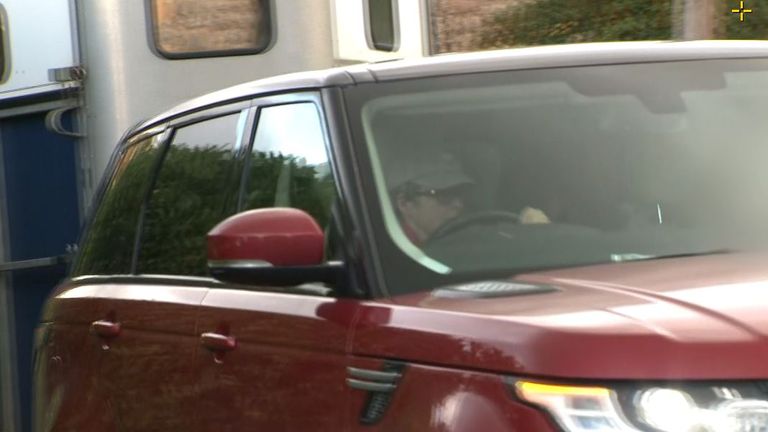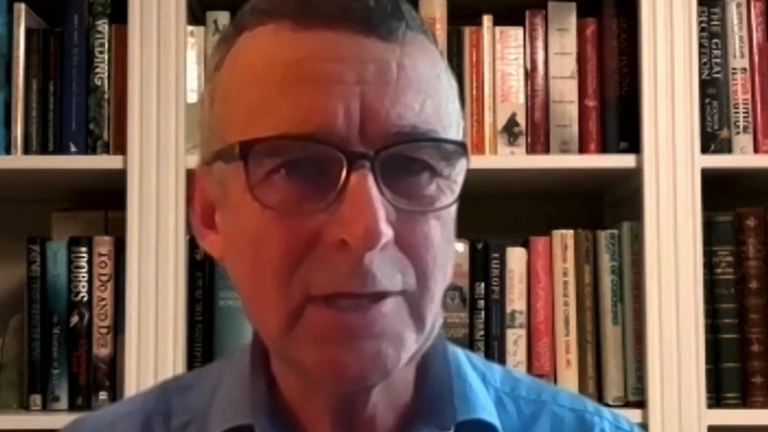When Dido Harding returned to her Somerset home by car on Sunday afternoon, she was towing her horsebox.
An equine enthusiast for decades and board member of the Jockey Club, horses are how the boss of the government’s Test and Trace programme relaxes.
And it’s likely she needs it, after senior Conservative MP Sir Bernard Jenkin called for her to be replaced, and Labour’s Dr Rosena Allin-Khan told Sky’s Sophy Ridge on Sunday that Baroness Harding’s position was “untenable”.
However, it seems she’s not going anywhere – with or without her horses.
At a time when many ministers are frustrated at the sluggish pace of the civil service response to COVID-19, Baroness Harding brings top-level private sector experience.
A former CEO of telecoms giant TalkTalk, the Conservative peer is said to be disciplined and demanding.
Government sources point out she has achieved the equivalent of “building an operation the size of Tesco in a matter of months”.
And whilst the vast increase in testing capacity has been impressive, a key metric for suppressing the virus concerns the percentage of close contacts traced.
The government’s scientists say it must be above 80% for the system to be effective, but that target was last hit in mid-June.
This month’s figures have been getting progressively worse, with just under 60% of close contacts being traced.
Critics argue that by consistently missing such an important target, more people are becoming infected, more hospitalised, and more will die.
Yet Baroness Harding retains – at least for now – the support and respect of her two direct bosses: Boris Johnson and Cabinet Secretary Simon Case. And she remains a convenient lightning rod for criticism.
It may help that she is loyal and well connected in Conservative circles.
David Cameron was a university contemporary at Oxford and her husband, John Penrose, is a Tory MP.
The pair met while working for the management consultants McKinsey, yet the involvement of highly paid consultants in the Test and Trace programme has attracted difficult headlines after Sky News discovered some were on a day-rate of £7,000.
Baroness Harding is used to charting a course through a crisis.
She was in charge of Talk Talk when the company was hit by a cyber attack and hackers accessed the data of 150,000 customers.
Critics argue her handling of that incident – the company was fined £400,000 by the Information Commissioner – is exactly why she shouldn’t be put anywhere near such a critical part of government.
Whatever her skills, communicating carefully may not be among them.
Last month, she attracted criticism after telling a Commons committee that the surge in testing demand when schools returned after the summer had caught her by surprise.
That admission is perhaps why Downing Street has repeatedly blocked interview requests.
At a time when cabinet ministers are having to defend her almost on a daily basis, the one person seemingly unwilling to publicly defend Dido Harding’s work is her.



